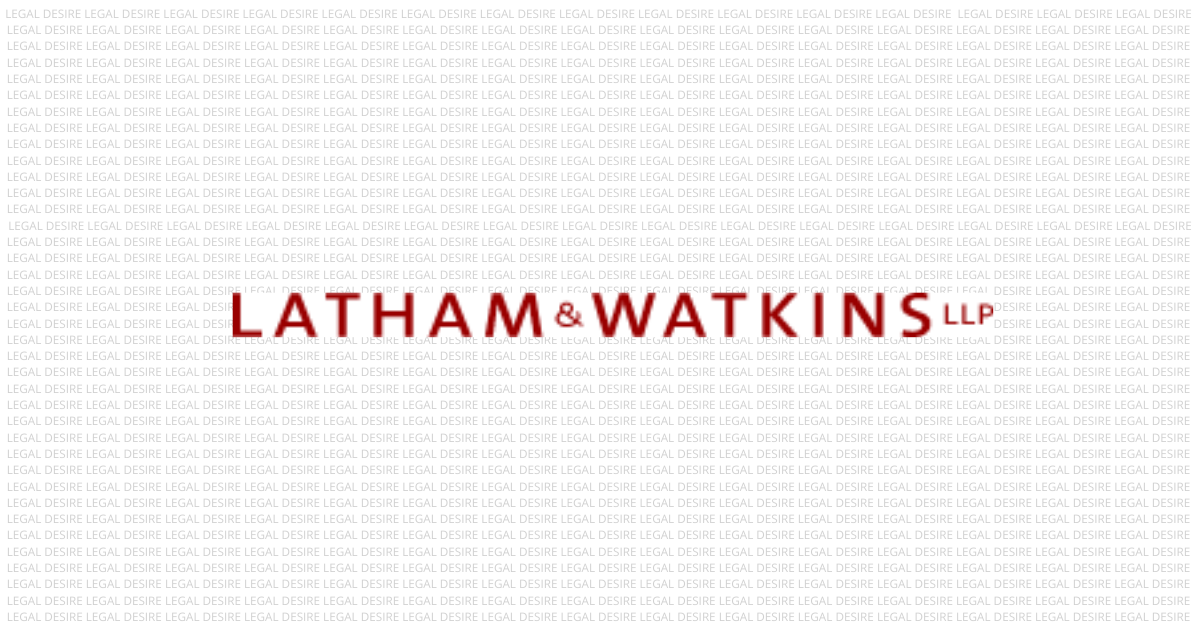Now Reading: How to Protect Your Assets From Lawsuits or Creditors
-
01
How to Protect Your Assets From Lawsuits or Creditors

How to Protect Your Assets From Lawsuits or Creditors
You put much effort into building wealth, live the life you’ve always wanted, and ensure your family’s future security. However, have you contemplated how a civil lawsuit could potentially erode your personal wealth and pondered on measures to protect your estate?
Lawsuits related to personal injury, business matters, and divorce can be exorbitantly expensive. Fortunately, there are methods available to shield your assets. The secret to effective asset protection planning is taking action well before any anticipated threats.
Establish a Limited Liability Company or Family Limited Partnership
An effective method for wealth redistribution amongst family members while retaining control is to invest money into a Limited Liability Company (LLC) or Family Limited Partnership (FLP). These corporate structures are commonly utilized for assets like real estate but are also beneficial for managing business interests. To implement this approach:
- Establish an LLC or FLP
- Move assets into the entity
- Allocate membership or limited partnership shares to yourself and other family members
These tactics simplify the process of wealth redistribution and offer significant protection to the assets of members or limited partners, as their personal creditors generally cannot claim the entity’s assets.
Offshore Assets
Professionals believe that offshore strategies for asset protection are among the strongest methods of safeguarding your wealth from legal disputes. This approach provides unparalleled financial security as no domestic court can force an international trustee to distribute funds or assets to a claimant.
Even if a claimant is resolved to track down assets stored in an offshore trust, they must first triumph in a local legal dispute and then within the jurisdiction of the offshore trust. This process is typically costly, making it improbable for a claimant to chase after offshore assets.
Personal Insurance Ownership
Certain professions, such as financial advisors, OBGYNs, and real estate agents, always face lawsuits. These professionals must maintain sufficient and up-to-date errors and omissions coverage. Putting resources into additional or broader coverage could sometimes mean the difference between surviving financially in case of a lawsuit or plummeting into economic hardship.
By finding the perfect equilibrium between higher deductibles and augmented coverage amounts, these professionals exposed to risk can rest assured, knowing they are safeguarded against unanticipated legal actions.
Retirement Plans
Generally, creditors cannot tap into your retirement funds to settle claims arising from a judgment. This advantage underscores investors’ wisdom to fully utilize their contributions to IRA and employer-supported retirement plans such as 401(k) or 403(b).
The more you can channel towards these plans, the more you shield your assets from potential lawsuits. However, note that while retirement plans provide a safeguard against the majority of creditors, they do not offer protection against overdue taxes or arrears in alimony and child support payments.
Insurance
Although insurance policies can’t prevent someone from initiating a lawsuit against you, they can cover the legal costs or verdicts that arise from situations within their coverage. Various insurance types are worth considering for investors and business owners looking to protect their assets. Starting with umbrella policies, auto, and homeowners is advisable for investors.
Business owners usually possess specialized policies that cater to unique risks in their industry, alongside standard ones such as commercial property, malpractice, general liability, and workers’ compensation. Umbrella policies act as supplementary insurance over your existing coverages, enhancing your limits in case of a substantial claim against you.
Endnote
Asset protection should not be perceived as a way to dodge your financial responsibilities or evade legitimate creditors. Instead, its purpose is to shield your assets from deceptive lawsuits or unwarranted claims by creditors, and to allocate your wealth to your family in a tax-efficient manner.










